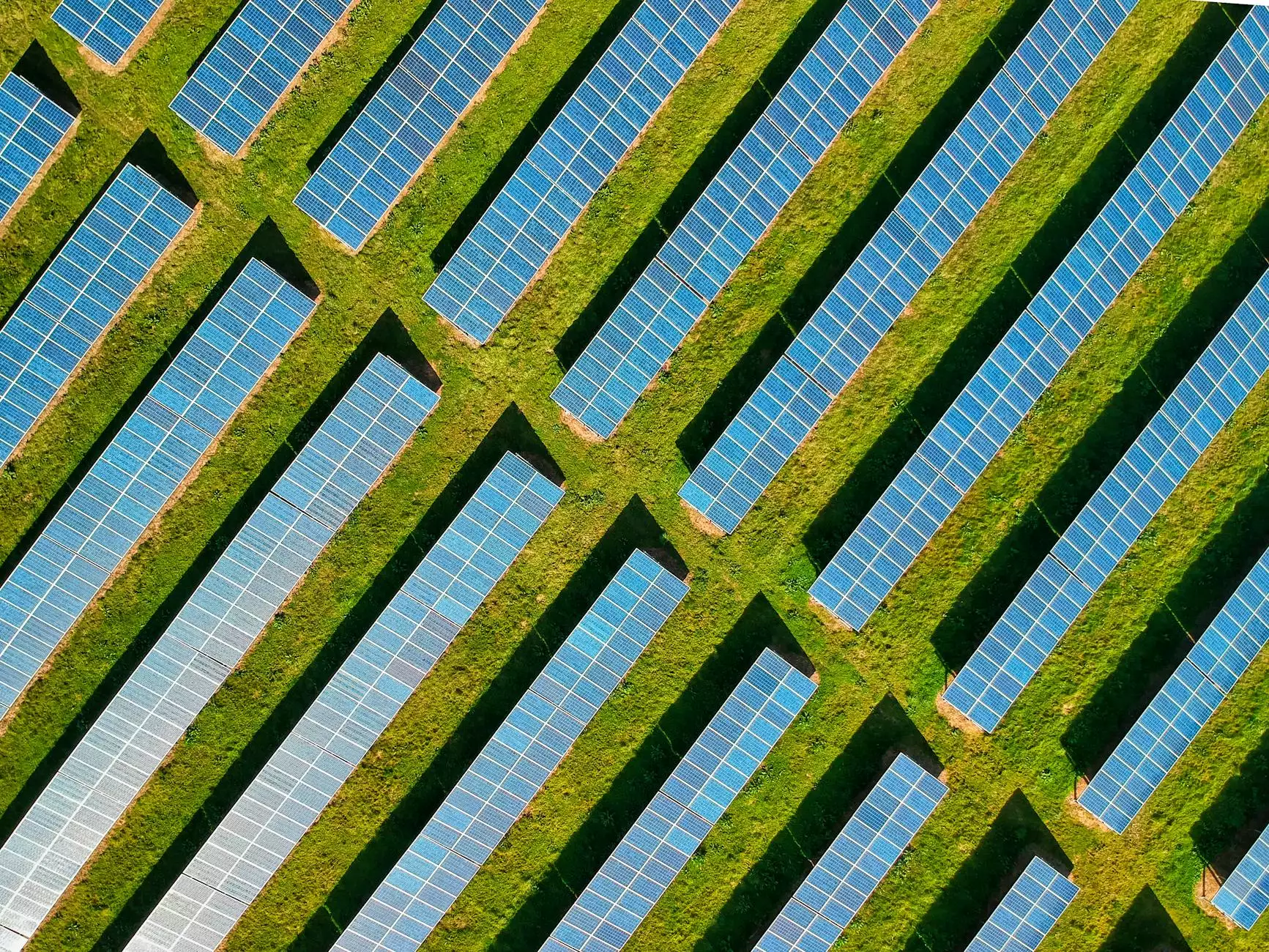Enhancing Health and Purity: The Importance of Water Purifier Equipment

Water is essential for life—this fact cannot be overstated. Yet, with rising pollution levels and industrial waste, the quality of drinking water has significantly compromised, leading to health risks for millions. This is where water purifier equipment comes into play. As the importance of clean water becomes more apparent, the demand for effective purification solutions has skyrocketed. In this detailed article, we will explore the various aspects of water purification, the services available, and the role of suppliers and stores in providing necessary solutions.
The Rising Demand for Clean Water
Over the past decades, there has been a significant increase in waterborne diseases across the globe. Contaminated water sources are responsible for health problems such as cholera, dysentery, and hepatitis. Consequently, the need for comprehensive water purification systems has surged. The impact of these waterborne illnesses cannot be ignored; they threaten public health and burden healthcare systems.
This alarming trend has prompted a shift in consumer behavior. Individuals and communities are now more informed than ever about the importance of clean drinking water. As a result, they seek out the best available water purifier equipment to safeguard their health and well-being.
What Is Water Purification?
Water purification is the process of removing undesirable chemicals, biological contaminants, suspended solids, and gases from water. The goal is to produce water fit for a specific purpose, most commonly for human consumption. The process can involve multiple technologies, including:
- Filtration: Removing solid particles from water using filters.
- Reverse Osmosis (RO): A technique that forces water through a semi-permeable membrane to remove impurities.
- Ultraviolet (UV) Purification: Utilizing UV light to kill bacteria and viruses.
- Distillation: Boiling water to create steam that condenses back into liquid, leaving impurities behind.
These technologies are often used in combination for greater effectiveness, ensuring that water is safe, clean, and free from harmful contaminants.
Types of Water Purifier Equipment
When it comes to water purification, several types of water purifier equipment are popular among consumers. Each type caters to different water quality issues and user needs:
1. Reverse Osmosis Systems
RO systems have gained immense popularity due to their ability to remove up to 99% of contaminants in water. They are especially effective against heavy metals, fluoride, and other toxins. Typical features of RO systems include:
- Multi-stage purification process
- Storage tanks for filtered water
- Easy installation and maintenance
2. Ultraviolet Water Purifiers
UV water purifiers use ultraviolet light to kill bacteria and viruses present in the water. They are chemical-free and preserve essential minerals. Characteristics of UV systems include:
- No chemical use
- Low power consumption
- Compact designs suitable for home and commercial use
3. Activated Carbon Filters
Activated carbon filters are effective in adsorbing chlorine, bad odors, and various organic compounds from water. They are easy to install and maintain. Key benefits of activated carbon filters include:
- Improves taste and smell of water
- Cost-effective solution for basic filtration needs
- Sustainable as they can often be reused after cleaning
4. Water Softener Systems
Water softeners are used to remove hardness from water caused by minerals like calcium and magnesium. They are essential in regions where hard water is prevalent, as they prevent scale buildup in plumbing and appliances.
How to Choose the Right Water Purifier Equipment
Choosing the right water purifier equipment can be overwhelming due to the variety of options available. Here are some key factors to consider:
- Water Quality Testing: Always perform a water quality test to understand the contaminants present.
- Purification Technology: Identify which purification technology best suits your water quality requirements.
- Capacity: Consider the quantity of water you need to purify daily.
- Maintenance Needs: Evaluate the maintenance requirements of the system you choose.
- Budget: Determine your budget, including installation and operational costs.
Water Purification Services
In addition to purchasing necessary equipment, consumers can also benefit from professional water purification services. These services typically include:
- Installation: Expert installation of water purification systems to ensure they function correctly.
- Maintenance: Routine checks and servicing to keep purification systems operating efficiently.
- Water Quality Assessment: Providing comprehensive analysis of water quality and recommending necessary purification solutions.
By leveraging professional services, customers can ensure their systems run at optimal performance, extending the life of their equipment.
Water Suppliers and Stores
Another vital component of the water purification ecosystem is the role of water suppliers and stores. They offer a wide range of water purifier equipment, ensuring that consumers have access to the latest technologies and solutions. Popular options include:
- Retail Stores: Physical stores offer direct access to various brands and models.
- Online Retailers: E-commerce platforms provide convenience and often a larger selection.
- Service Providers: Companies specializing in water services often carry brands they install and recommend.
Buying from reputable suppliers guarantees that you are acquiring quality products that meet safety standards, further ensuring the health of consumers.
Benefits of Investing in Water Purifier Equipment
Investing in water purifier equipment offers numerous benefits, including:
- Healthier Drinking Water: Elimination of harmful contaminants leads to safer drinking water.
- Improved Taste: Enhanced taste and odor of water can encourage people to drink more, increasing hydration.
- Cost Savings: Reduced need for bottled water can lead to significant savings over time.
- Environmental Benefits: Using a water purification system minimizes plastic waste generated by bottled water.
The Future of Water Purification Technology
As technology advances, the future of water purification looks promising. Innovations in filtration technology, the integration of smart systems, and improved energy efficiency are just a few trends shaping the industry. Future advancements may include:
- Smart Water Purifiers: Devices equipped with IoT capabilities that monitor water quality in real-time.
- Biodegradable Filters: Development of filters that minimize environmental impact.
- Enhanced User Experience: Systems that are easier to use, maintain, and integrate into smart homes.
Conclusion
As water quality continues to pose a threat to health worldwide, investing in water purifier equipment becomes increasingly vital. Access to clean, safe drinking water is not just a convenience—it's a necessity. By understanding the types of purification technologies available, services offered, and the role of suppliers, consumers can make informed decisions that benefit their health and environment. The future of water treatment is bright, promising further innovations that will make cleaner water more accessible than ever.
For superior water purifier equipment, consult with experts and explore trusted suppliers like bimakskimya.com.tr. Safeguard your health and ensure your family has access to the purest water today.









